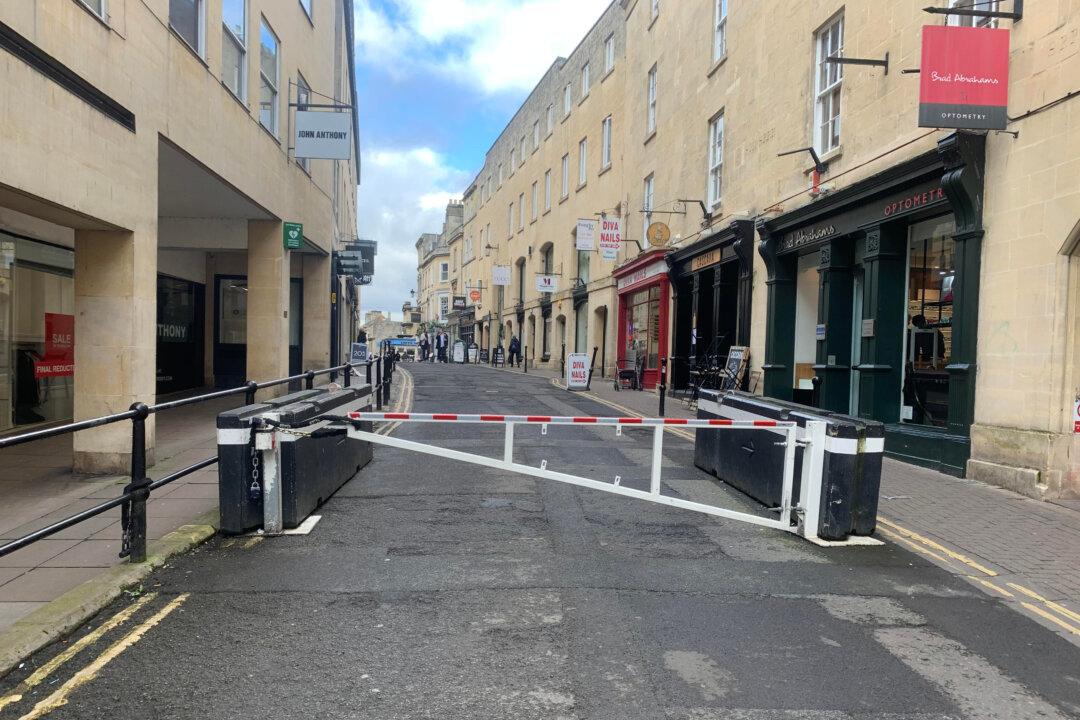A scheme that blocks or limits traffic in town centers has been kept out of the latest round of UK central government funding for walking or cycling routes, the Department for Transport (DfT) has said.
The department announced the winners of a £200 million package on Friday and said that some 265 schemes would create 120 miles of cycling track and improve the school run for 35,000 children.





